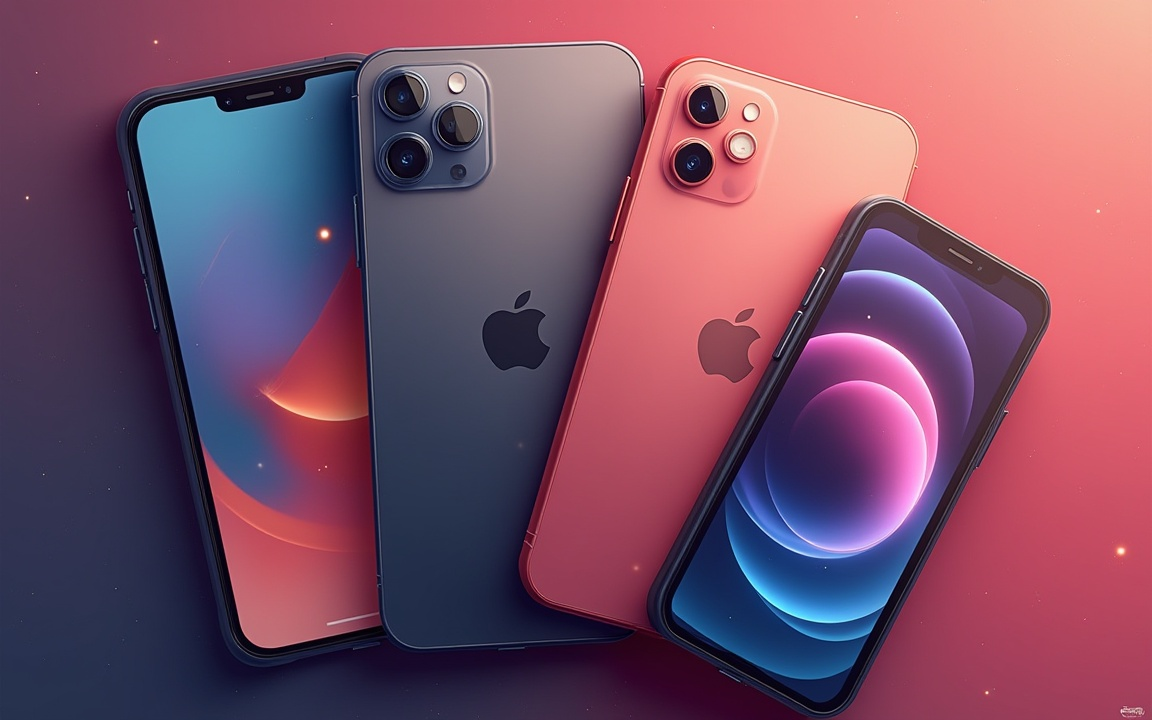Apple’s China phone sales fall 6% ahead of iPhone 17 launch

Apple’s smartphone sales in China fell 6% in the eight weeks leading up to the launch of the iPhone 17.
The drop highlights the intense competition in the world’s largest smartphone market, where domestic brands like Vivo, Xiaomi, Oppo, and Huawei hold larger market shares.
Overall, China’s smartphone market contracted 2% during July and August, even as government subsidies aimed to support consumer spending.
Apple, which remains the sixth-largest player with 12% market share, is under pressure to regain ground against local rivals as its new flagship device goes on sale this week.
Apple’s summer decline comes before iPhone 17 launch
In China, Apple typically sees slower sales in the months before a new product release, but this year’s decline was sharper. Sales dropped 6% compared to the same period in 2023.
Xiaomi, Vivo, and Honor also faced a downturn, suggesting that the slowdown was not limited to Apple.
China’s smartphone market as a whole contracted 2% between July and August, despite incentives from Beijing to boost consumer spending.
The subsidies had helped Apple in the previous quarter, when the company ended a two-year sales decline in China. Chief Executive Tim Cook confirmed that in the June quarter, Apple recorded growth in China supported by the incentives.
He also noted that the iPhone’s user base in Greater China reached a record level, with many buyers being new customers to Apple’s broader product range, including Mac, iPad, and Apple Watch.
Competition intensifies as domestic brands gain share
While Apple accounts for 12% of sales, its rivals are ahead. Vivo led the market with 19%, followed by Xiaomi, Oppo, and Huawei, each holding 16%. Honor also maintained a strong presence.
The data underscores how competitive China’s smartphone landscape has become, forcing Apple to navigate price-sensitive demand and strong local ecosystems.
Bloomberg reports that Apple still has ground to make up if it is to reclaim leadership in China, where its rivals continue to push aggressively into the premium segment.
The company’s latest product cycle will be critical for determining whether it can reverse the trend of losing market share to domestic competitors.
The timing of Apple’s iPhone 17 release, set for this Friday, coincides with new product pushes from its rivals. Xiaomi moved up the launch of its next flagship phone to September, with co-founder Lei Jun signalling that the brand wants its devices to be compared directly with Apple’s.
iPhone 17 positioned as Apple’s biggest update in years
The iPhone 17 is being described as the most significant redesign in Apple’s lineup in recent years, featuring an upgraded camera system and refreshed design.
Apple is counting on the new model to help it win back market share and lift sales momentum in China.
So far, however, there is little evidence that artificial intelligence tools or enhancements are influencing buying decisions. Experts said that Chinese consumers continue to focus on features like battery performance and affordability.
For now, Apple’s inability to launch its Apple Intelligence suite in China has not affected demand. Analysts expect sales in China to decline slightly in the third quarter, with the full-year market remaining largely unchanged.
Government subsidies
Despite the subsidies, China’s smartphone market remains subdued. The government incentives boosted short-term sales in the June quarter, but their impact appears to have weakened during the summer.
For Apple, this suggests that structural challenges in China’s consumer electronics sector persist.
As global sales of smartphones slow, China’s importance to Apple is magnified. It is the company’s largest market outside the US, and one where consumer adoption trends often shape global strategy.
How the iPhone 17 performs in its initial rollout could determine whether Apple regains lost ground or continues to struggle against domestic rivals in the coming year.
The post Apple’s China phone sales fall 6% ahead of iPhone 17 launch appeared first on Invezz




